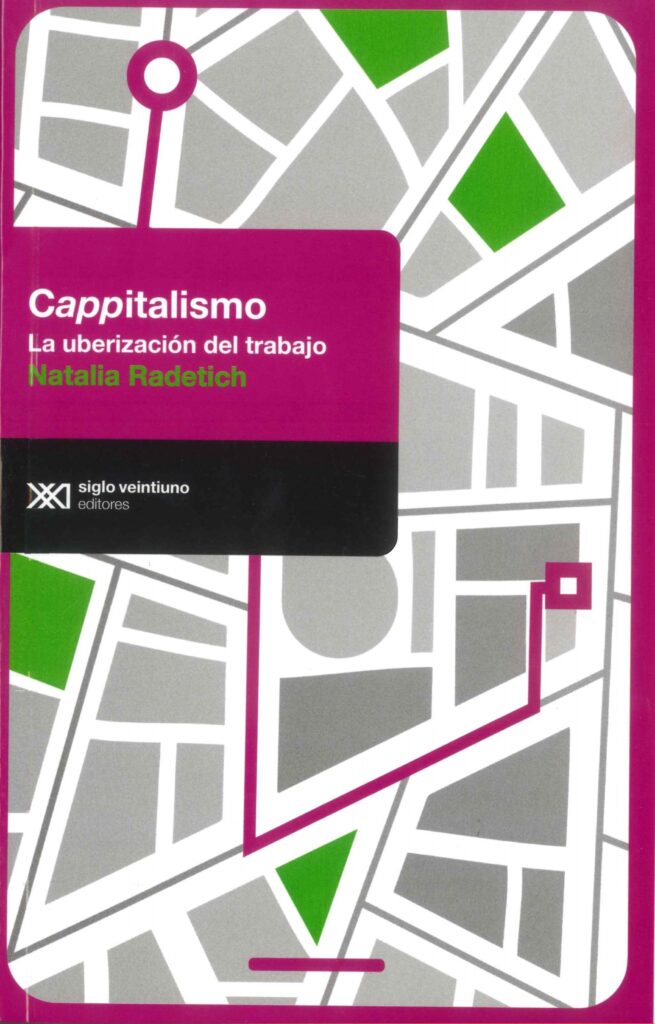Beginning on February 19, with the generous backing of the Patrick J. McGovern Foundation, DPA and Eureka embarked on the second month of our Book and Movie Club “Technology Through Feminist Lenses”. Conducting sessions in three languages—English, Portuguese, and Spanish—this month (Feb 19 – March 17) saw us engaging with curated content to explore how technology intersects with race and biased systems. Beyond its educational aspect, the Club serves as a platform for building community and nurturing cross-cultural connections among individuals passionate about technology, gender equity, and social justice.
Continue reading to learn more and consider becoming one of over 760 current participants in this exciting journey, completely free of charge!
Theme of the Month
In our second month, themed “Algorithms of Inequality: Race and Class in the Age of AI,” we delved into the intricate connections between race and technology. We delved into real-life examples demonstrating how technology can perpetuate racism, while also discussing how to leverage technology to combat this pervasive issue. We also explored how ostensibly “neutral” algorithms frequently exacerbate pre-existing disparities, perpetuating biases. Furthermore, we examined the role of diversity within the tech industry and its influence on algorithmic biases.
Books and Movie of the Month



In each language of the Club, we explored a distinct book. In Portuguese, we read “Colonialismo Digital [Digital Colonialism]” by Deivison Faustino and Walter Lippold, which addresses the contemporary phenomenon where digital technologies, particularly those controlled by companies from developed nations, wield disproportionate power over individuals and communities worldwide, often perpetuating inequalities and oppressions reminiscent of past colonial systems. Our Spanish selection was “Cappitalismo: La uberización del trabajo [Capitalism: The Uberization of Work]” by Natalia Radetich, which focuses on how platforms like Uber are reshaping employment, offering an apparent flexibility but also presenting challenges to financial stability and labor rights, directly impacting workers globally. For the English Club, we engaged with “Unmasking AI” by Joy Buolawmini, which highlights how AI systems of facial recognition frequently embed subtle and evident forms of discrimination and exclusion, perpetuating biases and inequities within society. She further shares her academic and activist journey to fight these bias and combat the harmful idea that AI technology is neutral.

The documentary “Coded Bias,” directed by Shalini Kantayya, was our featured film across all three languages. This documentary sheds light on Joy Buolamwini’s discovery of racial bias within facial recognition algorithms, demonstrated by the failure to recognize a Black woman’s face unless she wears a white mask, thus underscoring the far-reaching implications of technology’s inherent biases.
In addition, we hosted three exclusive screenings of “15 Minutes of Shame,” a documentary directed by Max Joseph and produced by Monica Lewinsky, that explores the phenomenon of “cancel culture”—the public ostracization of individuals or groups for behavior or beliefs deemed objectionable by societal norms. Through firsthand accounts from those who have experienced public shaming and cyber-harassment, the film explores the complexities of this societal practice.
Conversation Circles
Another key component of the Club is our “Conversation Circles”: monthly gatherings where participants and special guests gather to discuss the book and/or movie of the month. This month, we hosted two Conversation Circles—one conducted in Spanish and the other in Portuguese.
The Conversation Circle in Portuguese, which was translated live to English, featured Deivison Faustinoas the speaker, one of the authors of “Colonialismo Digital”. Click the video below to watch the event.
The Spanish Conversation Circle showcased Alejandra Dinegro Martínez, Principal Investigator for FairWork Peru and Founder of Observatory of Platforms-Perú. Click the video below to watch the event.
Future Events
‘Technology Through Feminist Lenses’ has now entered its third month, with the theme “Visions of Our Future”. The featured book for this month is “Little Eyes” by Samanta Schweblin, in all three languages. Additionally, our movie selection will be “The Artifice Girl“, directed by Franklin Ritch.
If this piques your interest, you can still join us. The Club continues until April. Click the button below to learn more and sign up!
You can check out the highlights from the first month of the Book and Movie Club here.


![M002 - Feature Blog Post [WEB]](https://datapopalliance.org/wp-content/uploads/2025/10/M002-Feature-Blog-Post-WEB.png)





